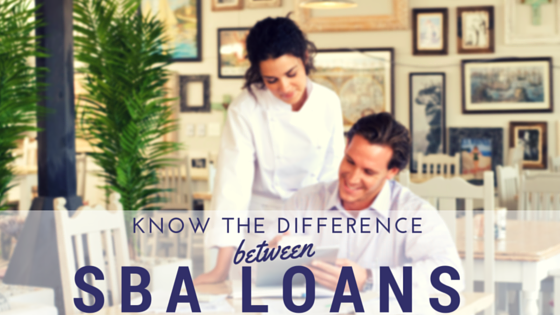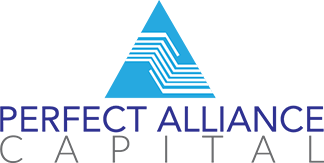 The realm of SBA loans can be fairly confusing. Each has a numbered designation, and very few seem to list exactly what they are for, their terms, limits interest rates, and eligibility. We are going to compare two of the most popular SBA loans – the SBA 7a and the SBA 504 – to help clarify their purposes before you start applying.
The realm of SBA loans can be fairly confusing. Each has a numbered designation, and very few seem to list exactly what they are for, their terms, limits interest rates, and eligibility. We are going to compare two of the most popular SBA loans – the SBA 7a and the SBA 504 – to help clarify their purposes before you start applying.
SBA 7a Loans
These SBA loans are considered general purpose loans for businesses with annual sales of less than $750K – $33.5M, and a small number of employees (fewer than 100 – 1,000). The SBA 7a loan can be used to start or expand a business, purchase or develop real estate, buy equipment, acquire inventory, restructure existing debt, or anything else related to business operations.
Loan Structure, Collateral & Fees
SBA loans of this nature require that applicants put up their home mortgage as collateral, unless the bank can adequately justify why this is unnecessary. Since many entrepreneurs are not homeowners, this requirement can be bypassed with a letter from a bank. SBA 7a loans also requires personal guarantees from the applicant(s), stating that they own 20% or more of the business and its holdings. SBA loans under the 7a heading have negotiable terms, dependent on the risk of investment, but have a non-negotiable down payment of 10% (minimum) of the total money being requested. SBA loan fees can be built into the loan, and vary with the size of the SBA loan. It should be noted that SBA loans above $1M will have an additional fee of 0.25% for each portion above that amount
Retail, manufacturing, agricultural, and service businesses looking for SBA loans should consider the SBA 7a, as it offers the most amount of “all purpose” funding with negotiable terms and a payment period that spans 5-7 years.
SBA 504 Loans
Designated as SBA loans for commercial real estate and equipment, the SBA 504 is intended for the purchase or expansion of an existing building, financing ground-up construction on a property, or for the purchase of equipment. SBA 504 loans require that the net worth of the business does not exceed $15M and that the average profit after two consecutive years is not in excess of $5M.
Loan Structure, Collateral & Fees
SBA loans being used for commercial real estate require that the project assets (the property, structures, etc.) are used as collateral for all construction and expansion. These SBA loans also require (much like the SBA 7a) personal guarantees showing the applicants have at least 20% ownership of the properties involved in the project. With 504 SBA loans, the structure is split, with 50% in the form of a bank loan, 40% as a Community Development Corporation (CDC) loan, and the remaining 10% as a required down payment from the applicants, themselves. As in other SBA loaons, the fees are financed into the loan structure, however the bank loan portion is negotiable, and the CDC loan fees are the lowest allowed under SBA loans.
Commercial real estate investors, business owners that own their own property, and landlords renovating their own property for commercial or multi-unit residences can benefit greatly from SBA loans under the 504 heading.
